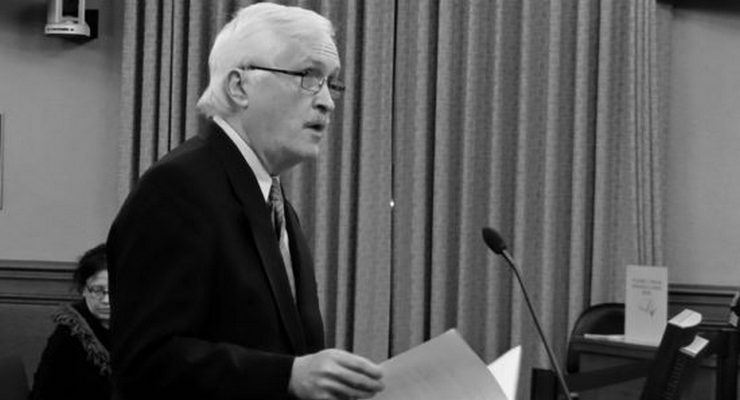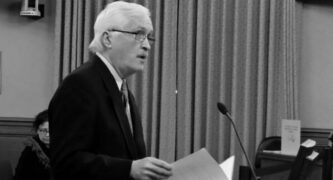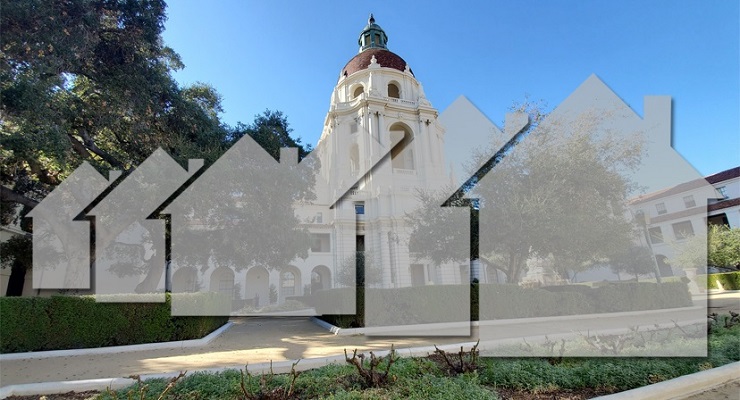
This week the nation observes Public Power Week, a celebration of the important role of municipal utilities. For more than one hundred and seventeen years, Pasadena has benefited greatly from our municipal utility, the Pasadena Water and Power Department (PWP). Now, to recharge the promise of Public Power and to the meet the ominous challenges that face our community in the era of climate change, Pasadena needs to re-establish a citizen-based commission to guide our municipal utility.
PWP’s contribution to the reputation and resources of Pasadena has been immeasurable. PWP staff have provided responsive service to local businesses and residents at affordable prices. Millions of dollars from utility revenues have also been transferred to the city coffers for beneficial purposes that include lighting at the Rose Bowl, funding for City Hall, police services, and other vital governmental functions.
The need to respond urgently to climate change is now transforming our society and its institutions. Locally PWP is central to climate impacts and response. Imported water supplies are dwindling, while the local groundwater basin has been overtapped for many decades. Greenhouse gases from fossil fuels are driving climate change. Pasadena needs to improve water management and to rapidly reduce greenhouse gases and electrify our community by eliminating the purchase and use of fossil fuels.
In recent years PWP has gone through major planning programs, called Integrated Resources Plans (IRP), for both water and power. Both of those plans have been crafted largely by outside consulting firms with minimal public involvement. Both have engendered significant concerns and undermined trust in PWP.
Pasadena had a utility commission for twenty-seven years from 1979 to 2006. The Utility Advisory Commission (UAC) worked with PWP staff and the city council to plan and develop innovative conservation programs and new sources for the future. In 2006 the UAC was morphed into the Environmental Advisory Commission, a body with a broad environmental charge but limited staffing, resources, and authority. While the City Council’s Municipal Services Committee has provided oversight of PWP’s programs, no one can deny that there has been a steep falloff of community involvement and accountability in our public power utility.
Every nearby municipal utility has a commission or board. There is the Los Angeles Board of Water & Power Commissioners, Burbank Water and Power Board, Anaheim Public Utilities Board, Glendale Water & Power Commission, and the Azusa Utility Board. Pasadena, however, which has long prided itself on the high level of community involvement, does not have the commitment or vehicle for community input and governance in the utility arena.
Recently Pasadena 100, a broad-based coalition of individuals and organizations working to demand urgent climate action, has developed a remarkable grassroots campaign to get PWP to end the use of fossil fuels for electric generation by 2030. In January the City Council agreed and directed PWP to do so. But Pasadena 100 leaders remain unconvinced that PWP is serious about accomplishing that vital goal. Four of their members participated in a closed-door Stakeholder Technical Advisory Group for the power plan. Rather than a plan, however, outside consultants have developed a “compliance document” that lists ending fossil fuels not as a mandate but rather as one of the possible scenarios.
On the water side, two years ago PWP’s water IRP took the same “hide-the-ball” approach and actually ended up recommending a greater reliance on the declining groundwater basin with no real plan for managing or replenishing the basin. It would be hard to overstate the significance of the drawdown of the Raymond Basin, a vital water supply for Pasadena’s future.
Pasadena and PWP need to renew the commitment to transparency and accountability that should characterize Public Power utilities. They need to welcome public input and build public trust
The best way to do that would be to dramatically expand public involvement through re-establishing the Utility Commission. This will improve decision-making and transform the mentality of utility personnel to recognize what public service and community involvement are all about. It will build trust and support for vital PWP initiatives. Of course, the City Council will retain ultimate authority, but they also will benefit from a sounding board that can reflect and build public support for some tough but necessary choices. Most importantly, though, the reestablished Utility Commission will help educate and mobilize the community and empower PWP to build a healthy and resilient Pasadena for future generations.
Public Power Is one of the highest expressions of democracy
Tim Brick served on the Pasadena Utility Advisory Commission from 1979 to 1993. He also represented the City of Pasadena for twenty-eight years on the board of directors of the Metropolitan Water District of Southern California, where he was the elected chairman from 2006 to 2010.














 3 comments
3 comments


